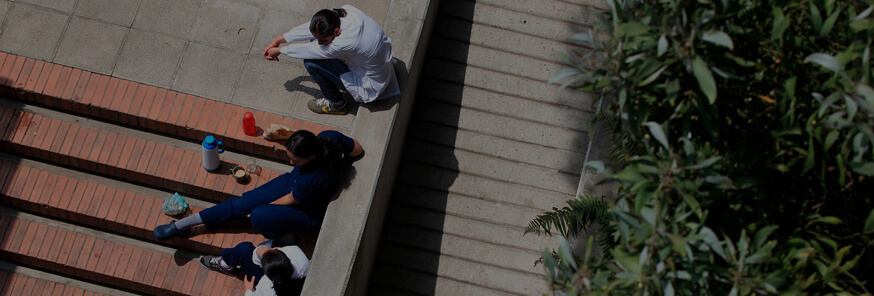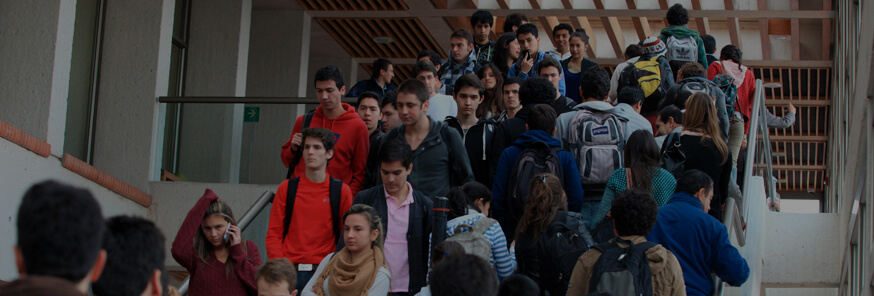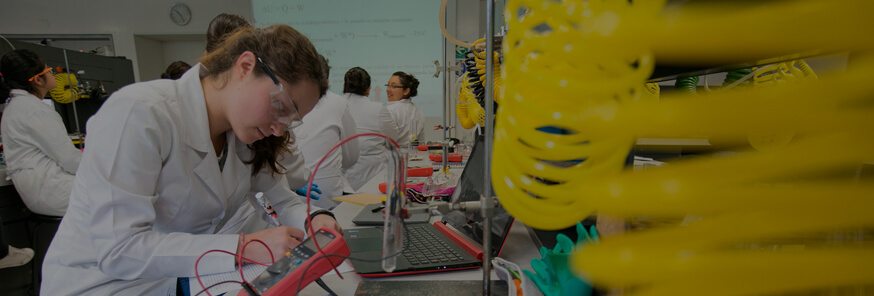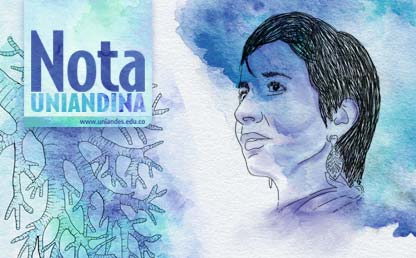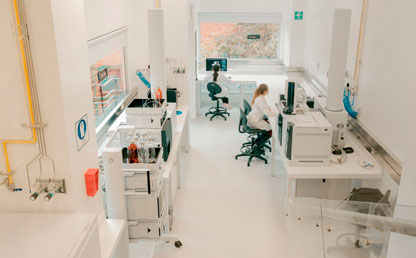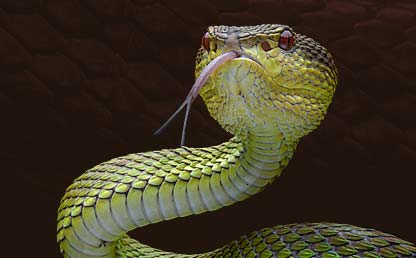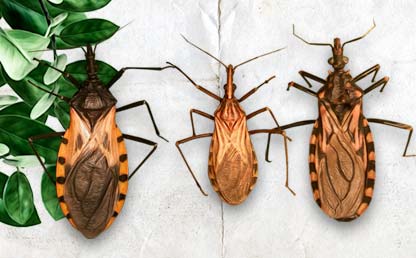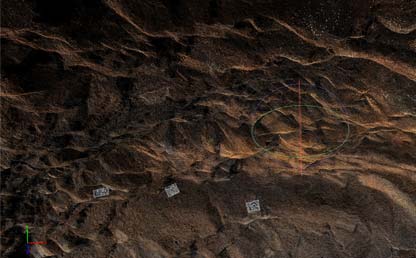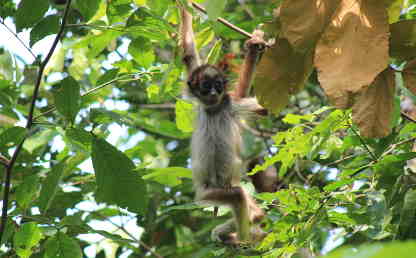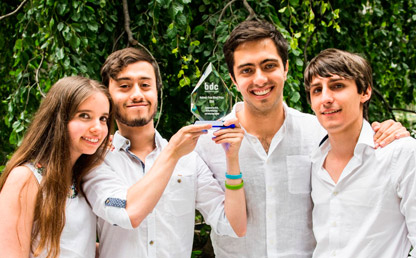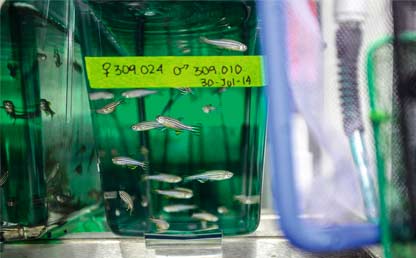Contents with the tag:
Biological sciences
-
10/02/2020
Colombia without asbestos: a historic landmark for public health
For forty years, the dangers of asbestos have been widely known internationally. However, in Colombia, it was not possible to convince several congressmen of that.
-
23/10/2019
The first metabolomics center in Colombia was inaugurated
The country’s first metabolomics center, which is one of the first in Latin America, was inaugurated in the Universidad de los Andes.
-
04/09/2019
Engineer from Los Andes develops a model to save lives
The algorithm estimates costs associated with snakebites, creates strategies to distribute the antivenom, and plans preventative measures.
-
04/09/2019
Research on sleep
Several research projects about sleep, its relationship with diseases, and its cognitive properties are being undertaken in Los Andes.
-
04/09/2019
Triatoma dimidiata: a new silent enemy
Researchers are focusing on this insect that transmits the Trypanosoma cruzi parasite, which causes Chagas disease.
-
01/10/2018
Professor at Los Andes takes part in a National Geographic cave paintings expedition
Experts research caves in Patagonia. Andrés Burbano from the Department of Design at the university carried out the photogrammetry of the site.
-
22/09/2018
Professor from Los Andes is awarded the Sabin Award for Primate Conservation
Andrés Link, who works in the Faculty of Business Administration, was given an award in the ‘Primates’ category for his contributions to conservation in Colombia.
-
15/08/2018
Uniandinos are presented with an awarded for creating vegan yarn
Design students win the Biodesign Challenge, which is an award endorsed by Peta, the Stella McCartney brand, and the Stray Dog Capital corporation.
-
31/07/2018
A project that uses fish to study Chagas disease has been presented with an award
Scientists from Universidad de los Andes used the zebrafish to analyze the parasite that this tropical disease produces.
-
01/07/2018
Synthetic drugs turn zombies from fiction into reality
Zombie drugs – How can you identify them? What is in them? What effects do they have? Analysis by Ricardo Peña, professor in the Faculty of Medicine.



